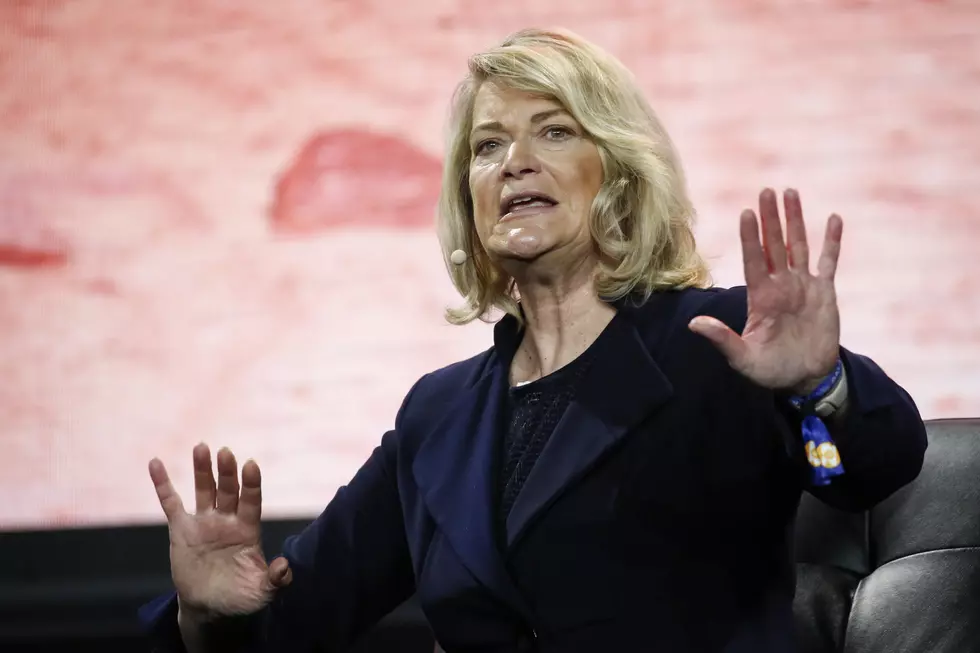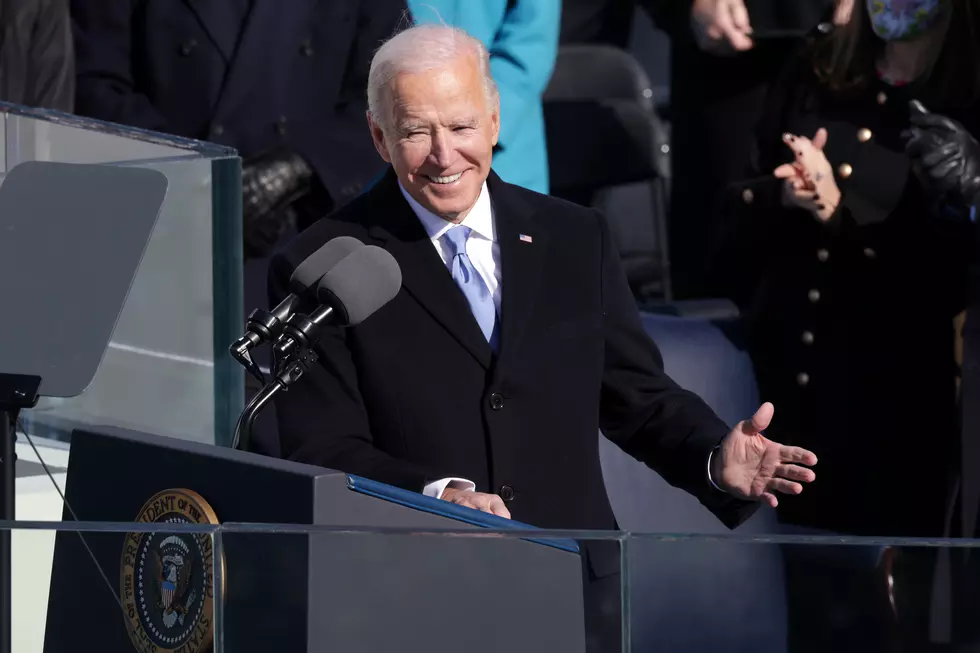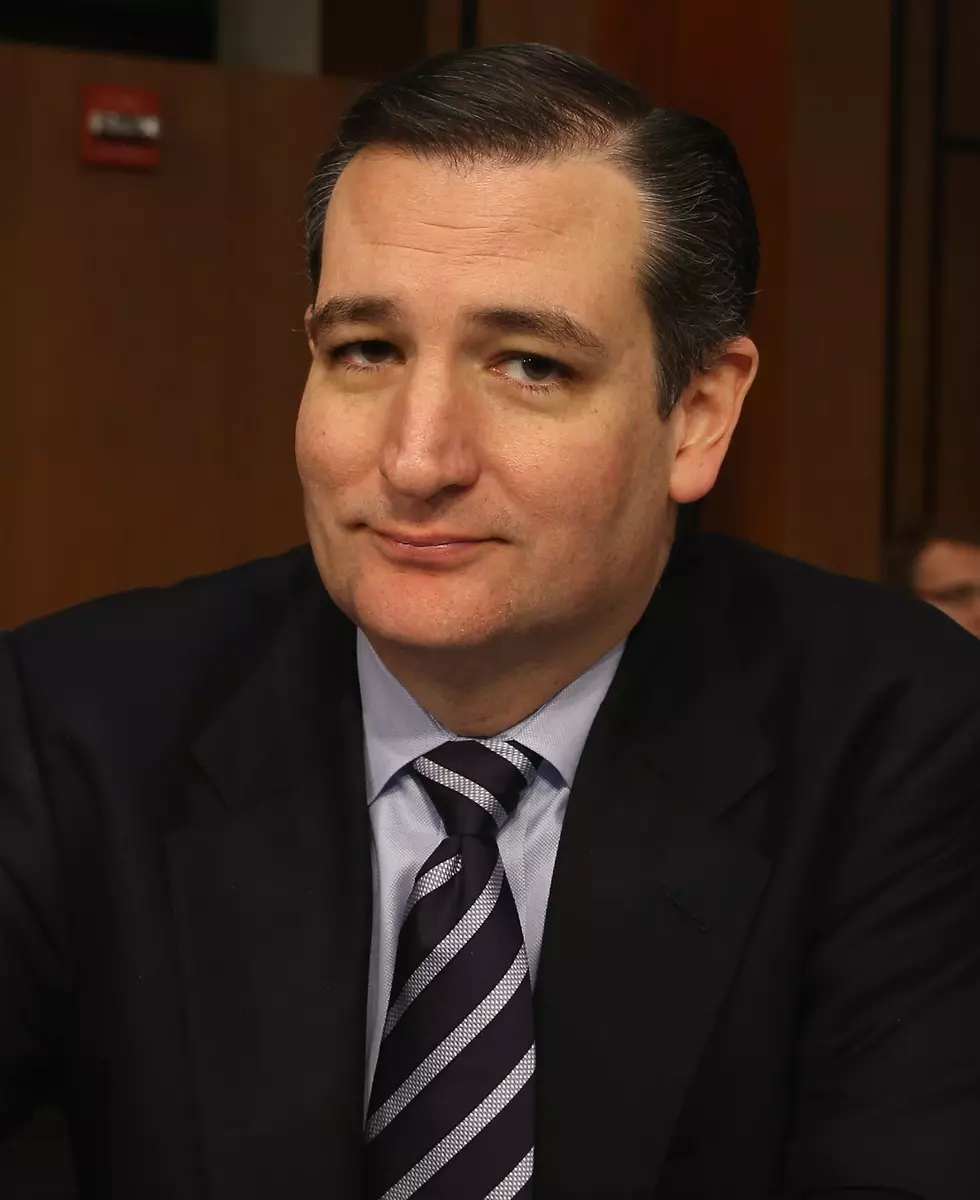
Democrats’ Wins Could Help Bring Down Confederate Statues
RICHMOND, Va. (AP) — An army of Confederate monuments dots Virginia's landscape but some of those statues could soon start coming down after Election Day gave Democrats control of the General Assembly for the first time in decades.
Members of the new legislative majority say they plan to revive proposals to make it easier to remove the public displays honoring Civil War soldiers and generals in a state that was home to two Confederate capitals. Previous attempts to do so were quickly dispatched in the Republican-controlled General Assembly, in votes largely along party lines.
"This is about what do we remember? What do we honor? It's the right to decide what we celebrate," said Del.-elect Sally Hudson, a Democrat whose district includes Charlottesville.
Hudson said she plans to reintroduce legislation her predecessor, David Toscano, sponsored, giving cities and counties the ability to remove Confederate monuments.
Local governments are currently hamstrung by a 1904 state law that protects memorials for war veterans.
The long-running debate over whether such displays are appropriate in public spaces intensified after white supremacists descended on Charlottesville two years ago, in part to protest the city's attempt to move a statue of Gen. Robert E. Lee. The event descended into chaos and a white supremacist plowed his car into a crowd, killing a woman and injuring dozens more.
In the aftermath of the violence, many places around the country quickly started taking monuments down, but not in Virginia.
Charlottesville has been fighting a lawsuit, based in part on the 1904 state law, over the city's 2017 decision to remove the Lee statue and its later decision to move another of Thomas "Stonewall" Jackson. A judge has prevented their removal for now.
Many lawmakers are likely "anxious to carry" legislation to address the issue, said Del. Lamont Bagby, who chairs the Virginia Legislative Black Caucus.
"I can't imagine we would go through this session without that getting a full hearing," Bagby said. "I suspect that it will be met with success."
Democratic Gov. Ralph Northam suggested at a recent news conference that he'd be open to signing such a bill.
"My thoughts are that the localities are in the best position to make those decisions and that's what I'll continue to support," said Northam, who has said the best place for Confederate monuments is in a museum and vowed on the campaign trail to be a "vocal advocate" for that approach.
Still, some supporters of the monuments expressed hope they can work with the new majority.
"We're not going to run around saying 'the sky is falling' until we see something concrete," said B. Frank Earnest, heritage defense coordinator for the Virginia division of the Sons of Confederate Veterans, which adamantly opposes the removal of any Confederate monuments.
"Are we going to naturally assume the Democrats are evil and out to get us? I think they're reasonable people we can deal with," said Earnest, who noted that some Democrats have opposed changing the law.
Charlottesville's 2020 legislative priorities include a request that the General Assembly give localities control over Civil War monuments, according to city spokesman Brian Wheeler.
"The City would welcome any new perspective the next General Assembly might be able to bring to our requests on this matter in the next session," Wheeler wrote in an email. Other city governments that have signaled their intent to remove a Confederate monument include Alexandria, Norfolk and Portsmouth.
In historic Richmond, where five soaring Confederate statues line Monument Avenue, the issue has moved more slowly.
A study commission formed by Mayor Levar Stoney in 2017 issued nonbinding recommendations that called for removing a statue of Jefferson Davis, leaving the rest and adding historical context. That commission's work was then rolled to a second one, which Stoney's spokesman said is currently working on reviewing the contextual part of the recommendations.
Richmond's City Council has also twice rejected a resolution asking the General Assembly for the authority to decide the statues' fate.
Across the state, officials have catalogued 168 war memorials, 136 of which are dedicated to Confederate participants in the Civil War.
Critics of the monuments see them as a vestige of the South's racist past, while supporters often liken their proposed removal to erasing history. The debate ranges beyond Confederate monuments to a broad discussion of whether it's appropriate to memorialize people who owned slaves or held racist views.
Another occasional target of criticism is a statue of prominent segregationist Harry F. Byrd Sr., a former Virginia governor and U.S. senator who's considered the architect of the state's "massive resistance" policy to public school integration. His figure in bronze stands on the Capitol square.
Earnest, with the Sons of Confederate Veterans, said allowing the removal of Confederate monuments could open the floodgates.
"Pretty soon you've got a barren landscape with nothing," he said.
Phil Wilayto, an activist, community organizer and longtime advocate for a greater memorialization of Richmond's critical role in the international slave trade, called it an embarrassment that Virginia is "so far behind" other places.
"Now that the Democrats have retaken the General Assembly, the pressure should be on Gov. Northam to fulfill his earlier promises from when he was running for governor to do whatever he can to take down these monuments to white supremacy," he said.
More From K2 Radio









